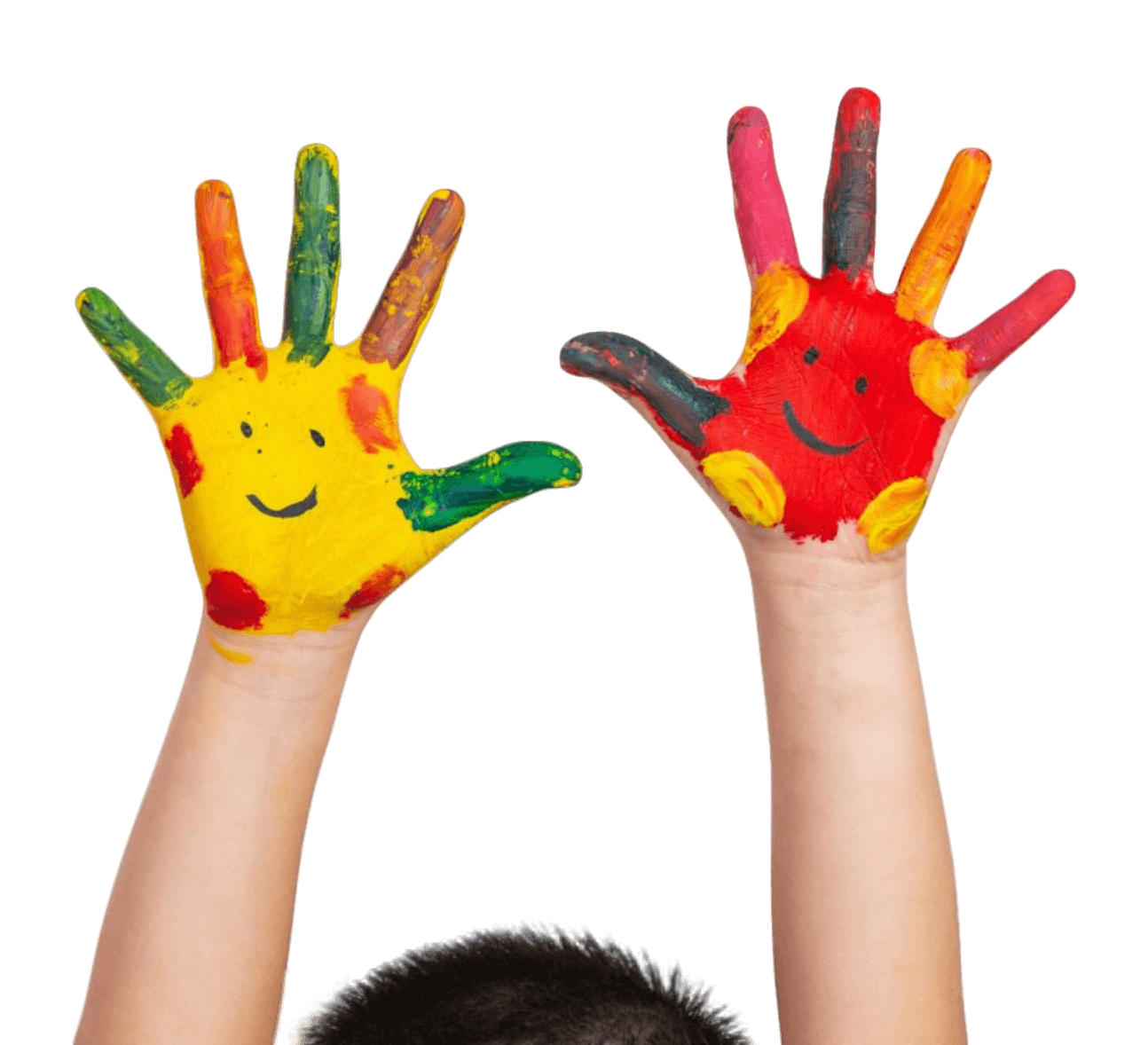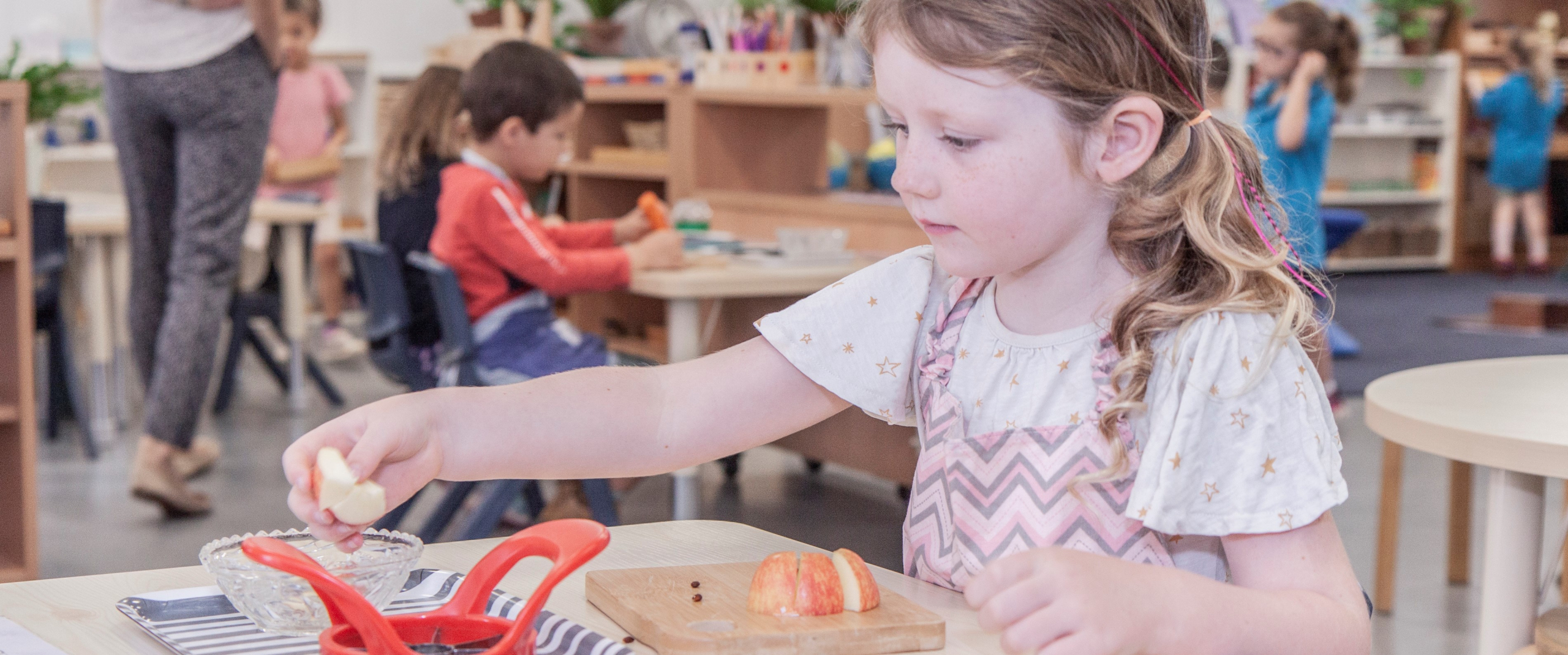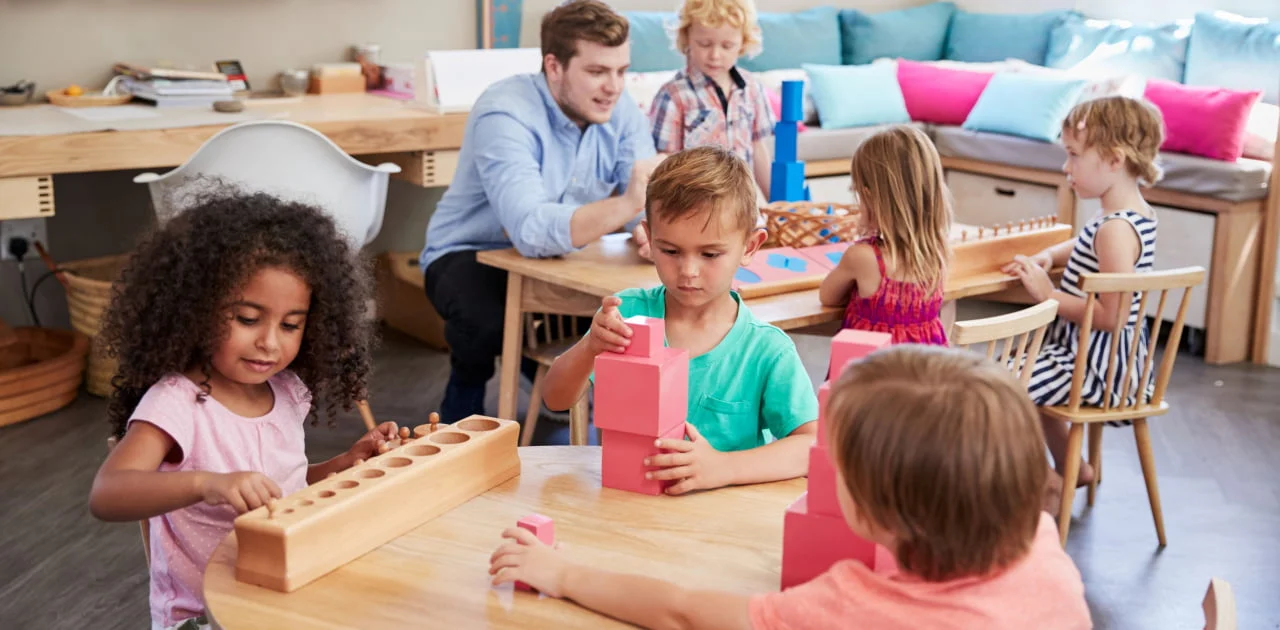If you have a toddler, you understand how important language and reading abilities are for their entire development. How to Improve Expressive Language of toddlers is one of the parent’s concerns. Reading is a delightful pleasure, but it is also a necessary skill. A child should express themselves and communicate with those around them. There are a few things parents can do to help their child in developing this skill. When you open a wordless book and question your toddler about what’s on the page, you’re helping them develop expressive language skills.
It does not end there. Expressive language is more than just labeling or pointing things out; it is also about explaining and expressing feelings about what is on the page.
Have you ever heard of the terrible twos? It is typical for toddlers as young as two, and sometimes even a little older, to be frustrated because they can not convey their wants and feelings.
What exactly are expressive language skills in Toddlers?
Expressive language for toddlers refers to the abilities that toddlers require to communicate and express their thoughts, wants, and feelings. These abilities include labeling and naming objects, gestures, phrase construction, answering questions, and much more. A child’s mind is filled with numerous thoughts. Expressive language skills assist the child in forming these concepts, selecting the appropriate words, using the proper grammar combinations, and using gestures to externalize and communicate these thoughts.
Stages of Language Development:
There are five stages of language development; check them out:
Receptive Language:
Babies and toddlers are the first to learn the receptive language. This pertains to comprehending words, gestures, and facial expressions.
Observation abilities:
A child needs observation skills to understand what others are saying and to know when to respond.
Language of pragmatism:
Pragmatic abilities are also important. The linguistic skills required in social circumstances are referred to as pragmatic skills. For example, eye contact is a crucial technique to communicate and focus. All pragmatic language skills, like frowning, smiling, shaking one’s head, waving one’s hand to say “goodbye,” or pointing, are key pre-linguistic skills.
The diversity of language interactions:
When you think about it, the amount of time you spend speaking, gesticulating, communicating, and interacting with your child throughout the first six years, and the variety of those interactions, go a long way toward developing their language skills.
Toddler expressive language:
The next critical stage is to use expressive language. Is the child able to communicate? Numerous factors contribute to a kid using language to express herself.
Why is Expressive Language important for Toddlers?
Many tantrums, frustrations, and anxiety in toddlers stem from their inability to verbalize their demands and concerns. When your child is weeping and rolling on the carpet, you assume she is just having a bad day. What caused her to be so irritable? Is she hungry or tired? Many youngsters are capable of expressive language skills, but we must intentionally educate and model these skills as parents and caregivers. Do they recognize feelings such as rage, despair, hunger, or happiness? Are they able to express why they are sad? Socio-emotional skills and expressive language go hand in hand.
There is another key reason for the importance of expressive language skills. These skills represent a significant developmental milestone in a child’s life. Of course, milestones have ages and stages. Some children reach milestones early, while others may experience some delay. But as long as children reach milestones with reasonable regularity, they are on schedule.
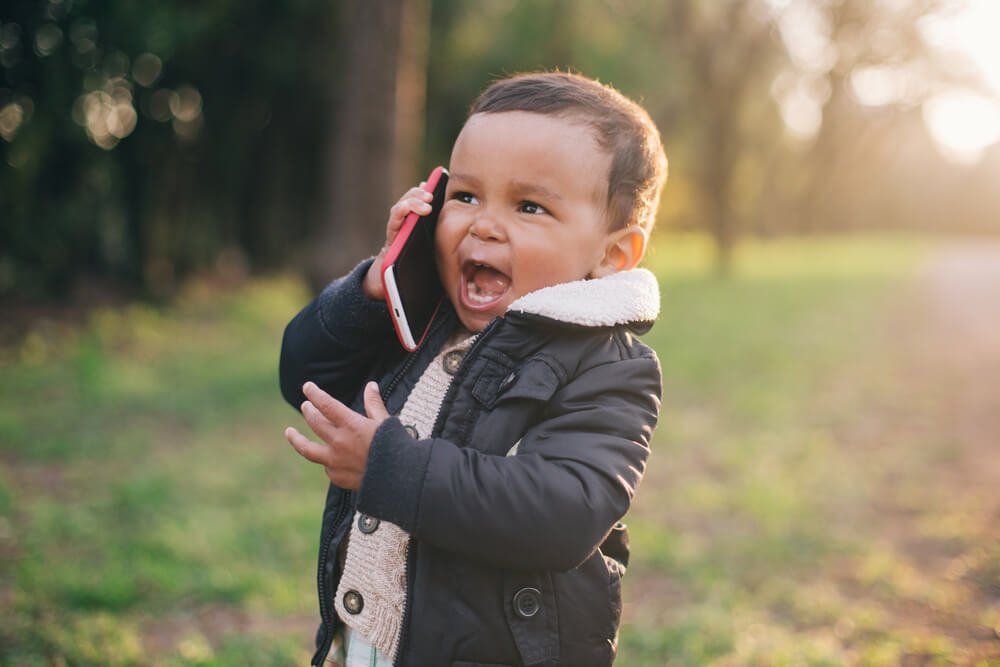
Babies learn a variety of crucial communication skills during the first six months. Your infant smiles when he sees your face. He keeps repeating sounds. She cries for many reasons based on her needs and concerns. Some babies use baby speak, making noises like ‘agoo.’ They gurgle and make two-lip sounds that sound like the letters ‘p’ and ‘b.’
They will attempt to communicate through gestures and facial expressions. After 7 months, your baby’s repertoire of sounds expands to encompass more sounds, notably consonants. She employs a mix of short and long vowels. They begin to say their first words, such as ‘mama’ and ‘dada.’ As your child develops into a toddler, he or she learns new words and can even combine them.
What should toddlers be able to do at their age?
Most kids will be able to do the following by the end of the first year:
- Use action or sounds to communicate.
- Speak their first word.
- Make an effort to repeat your noises.
- Wave goodbye and think about the word “bye.”
- Find the source of a sound.
- Examine the object you’re pointing at.
- Point to things they want or show interest in.
- Respond to their given names.
By the second year, most children will be able to:
- Say a few more words, and you’ll have a vocabulary of about 50 words.
- Understand simple instructions such as fetching a ball or getting items from another room.
- Engage in a lot of imaginative play using motions, noises, and words.
- Request a favorite food by name, such as “cookie” or “milk.”
- Make animal sounds and utilize pronouns like mine or ‘you.’
- Begin combining words, such as more milk’ or ‘no banana.’
By the third year, most children will be able to:
- Recognize terms that indicate a feeling of place, such as ‘there,’ ‘on,’ or ‘outside.’
- Use descriptive terms such as “happy” or “sad.”
- Make sentences out of three words.
- When asking questions, use plurals, pronouns, and sound variants, such as “where is my ball?”
What is Expressive Language Delay?
Language and communication skills are critical developmental milestones in early life. They take the child on an exciting adventure where they learn new abilities and interact with new people. There are times when a kid does not show symptoms of expressive language development during the toddler years. The majority of them will likely catch up during their preschool years.
Have you ever heard of the term “late bloomers”? However, many children in this category may develop persistent deficits in expressive language skills. To find out more about where their child stands developmentally, parents should err on the side of caution and consult with their children’s instructors or Montessori people.
When it comes to substantial expressive language delays in toddlers; early intervention can go a long way toward assisting children in achieving some of those delayed milestones. The early intervention comprises a variety of play-based therapies that assist children in developing these skills.
Expressive language delays can indicate various underlying issues, ranging from speech delay to learning difficulties. A kid may struggle to express himself because he cannot mentally sequence facts in the correct order. There may be difficulties with phonology, and some youngsters may have difficulty creating the correct sounds. In toddlers, there are several types of expressive language delays.
Because it is critical to notice any abnormalities in the early stages, it is critical to contact a developmental specialist when children are still in the early phases of development, between 2 and 5 years old, to determine underlying causes. If your child has expressive language delays, a professional speech pathologist will work with her to remove the barriers to learning these skills. Rather than allowing the kid to learn this ability on their own, the speech pathologist will try to bridge the gaps and correct the problem.
Symptoms of toddler expressive language disorders:
The following are some of the most common indications of expressive language dysfunction in toddlers:
- Using words like ‘um’ and ‘uh’ because the youngster is looking for words to express or explain something.
- Difficulty fitting words together and arranging them correctly in a phrase.
- Leaving words out of sentences, speaking words incorrectly, and mixing up word tenses.
- Conversations are difficult to hold.
- Finding it difficult to remember and name words.
Speak with your child’s teacher if you feel they have an expressive language disorder. Aside from early intervention, there are several methods you can assist your child in developing expressive language abilities.
How to Improve Expressive Language Skills in Toddlers?
There are numerous methods for assisting children in developing expressive language skills. It takes a lot of moving pieces to get this off. For starters, your baby should be able to name the objects she sees around her. They must understand how to use words correctly and include gestures and movements. Also, they need active listening skills. Above all- the patience of the parents and the perseverance of the teacher are quite beneficial in moving things ahead.
For example, you should provide more opportunities for your kid to articulate their thoughts and discover words to convey them. Give them extra chances to finish their statements and respond to your queries. Encourage them and celebrate their modest successes.
Some great activities to strengthen a child’s expressive language skills.
Use descriptive words and play word games:
The way you use words has a big influence on a child’s expressive language skills. Make use of a lot of descriptive words and adjectives. Use bubbles, for example, to demonstrate how you and your child can take turns. Then you can say “my turn!” or “your turn!”
Naming games are another excellent approach to foster these abilities. Play I Spy or basic naming games to get children to name the items around them, with your assistance of course!
Playing with your imagination:
Imaginative play is a fantastic tool for developing a wide range of skills, including expressive language. Playing with your child’s dolls is a terrific concept, but take it a step further by using play dough! Create various scenes and scenarios. Allow your kid to create the vocabulary that will be used to describe these images and stories. The beauty of the imaginative play is that it allows your child to train many other skills in addition to expressive language skills, such as cognitive skills, socio-emotional skills, and so on. You can also use Toy trains or battery-powered animals to teach kids ‘up’ and ‘down,’ or ‘in’ and ‘out.’
Reading Books
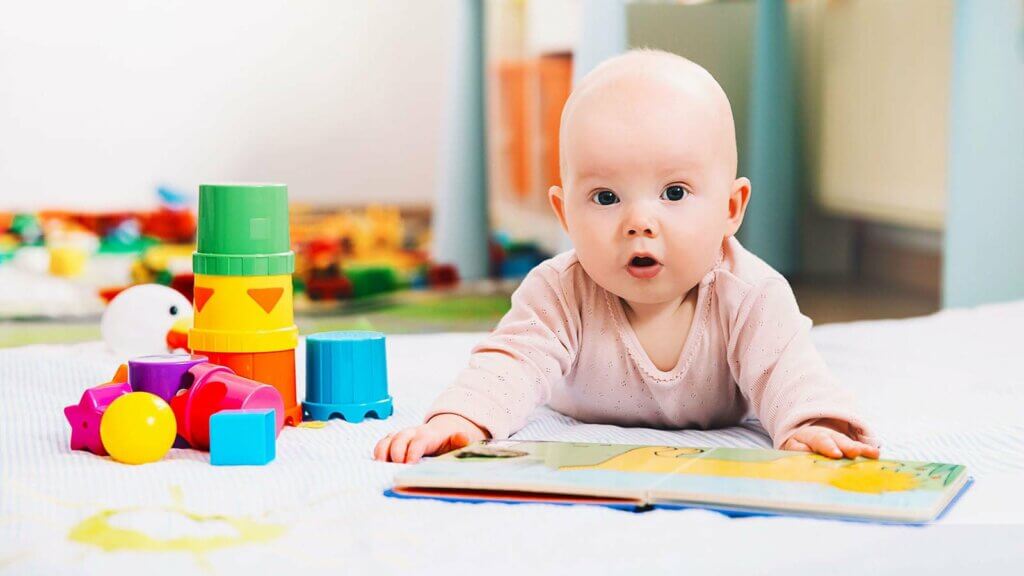
Books are an excellent technique to develop one’s linguistic skills. We highly endorse wordless books as a terrific method to encourage your kid to communicate and express themselves.
Communicating and talking:
A language-rich environment is an excellent way for all kids to enhance their language skills. Ask your child to request something before delivering it to them, especially at the dinner table. Allow your kid to tell you a tale after you have told it to them.
Cooking:
Cooking is a great approach to practice expressive language skills because you are sequencing, narrating the steps, and you get to use a lot of words. You can cook and have your youngster narrate what you’re doing and how you’re doing it.
Additional tip:
When it comes to improving expressive language of toddlers, choosing a Montessori school is the best option. Different activities in the school does not only improve expressive language skills but also have other positive impact on your child.
Takeaway:
These activities mentioned above benefit all toddlers. But if you notice your kid exhibiting signs of delayed expressive language, seek the advice of your child’s certified Montessori teacher, as they carefully observe children daily.
One of life’s greatest pleasures is talking and connecting with our children. Even children who have not yet developed expressive language skills can understand, absorb, and learn from their surroundings. They are monitoring us and taking from the boundless stuff of the universe. As parents and caregivers, we must continually promote their inquisitiveness!
Developing expressive language skills can benefit children in a variety of ways. They will be able to develop friendships, socialize with others, and perform well in school. They will be self-assured in all they attempt, not just reading and writing. Enjoy working on these skills with your children and finding a world of creativity and interaction together!

